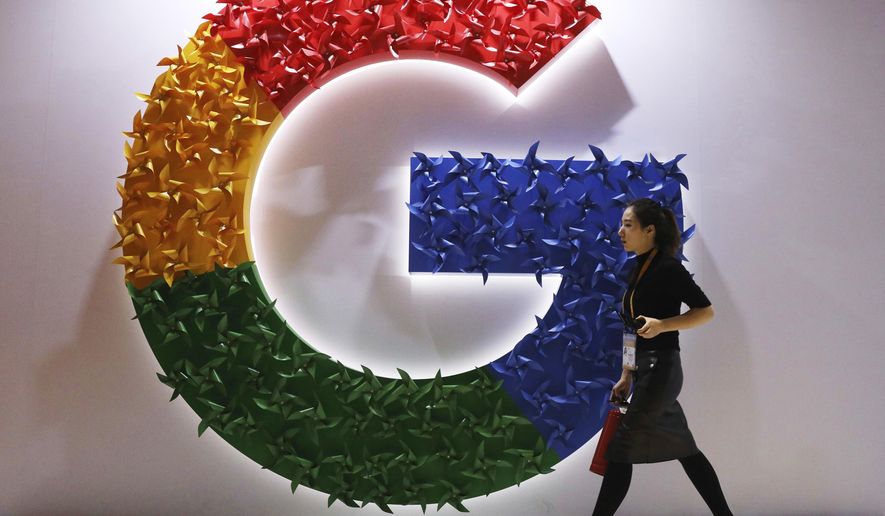State attorneys general from 36 states and D.C. filed a new antitrust lawsuit against Google on Wednesday.
Utah, New York, North Carolina, Tennessee, and Arizona were among the states leading the lawsuit that was filed in the U.S. District Court of the Northern District of California.
The complaint was not immediately available.
However, the challenge is expected to focus on alleged violations in Google’s app store, where some app creators complain that Google disadvantages their products in favor of its own apps.
The litigation closely resembles a lawsuit brought by Epic Games, which sued Google over its charging a 30% commission on in-app payments while blocking direct payments to app creators, according to Politico.
A federal judge in the U.S. District Court of the Northern District of California is set to hear oral arguments over Google’s motion to dismiss the Epic Games suit later this month, according to the court docket.
Opponents of Google and other large tech companies have suffered setbacks in federal courts in recent weeks. Alongside a federal judge dismissing an earlier antitrust case from states’ attorneys general, the same judge also tossed an antitrust complaint against Facebook from the Federal Trade Commission.
A federal judge in D.C. last month dismissed a different antitrust complaint from 46 states plus D.C. and Guam against Facebook.
Last week, another federal judge blocked the implementation of a Florida law that would have imposed financial penalties on tech platforms that ban candidates for statewide office.
But as quickly as the courts rebuff actions from critics of large technology companies, lawmakers are proposing new ways to crack down on tech.
Rep. Jim Jordan, Ohio Republican, published on Wednesday a framework for the House Judiciary Committee’s Republicans to tackle the challenges posed by large tech companies.
“Our plan accelerates overdue antitrust scrutiny,” read the agenda from Mr. Jordan “The laws currently on the books can and should be used to break up Big Tech. The problem has been, however, that these actions take too long and they allow companies years of legal maneuvering. An important step is to speed up this process and incentivize robust challenges to the dominance of the tech platforms.”
Google did not respond to a request for comment.
• Ryan Lovelace can be reached at rlovelace@washingtontimes.com.




Please read our comment policy before commenting.